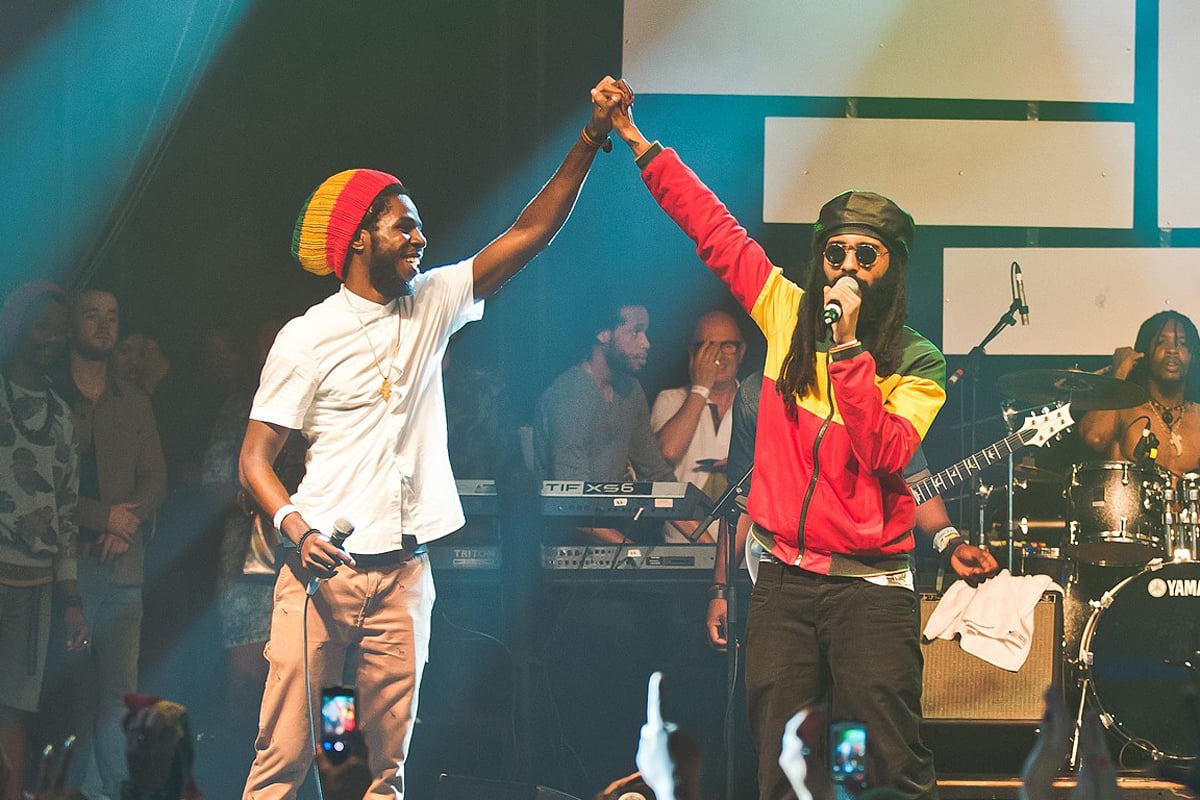Reggae Might Need Another Revival As Artists Shift Away From Genre —Professor

Head of the Institute of Caribbean Studies at the University of the West Indies (UWI) Dr. Sonjah Stanley Niiah, says Jamaica might need to undergo another Reggae Revival very soon, as the genre is under threat of being arrogated by other countries, as it appears the nation’s artists are once again steering clear of recording songs within the genre.
Considered a breath of fresh air from the abrasiveness which had taken a stranglehold on dancehall, Jamaica’s Reggae Revival movement began around 2010 to give life to what many had described as a dying genre, which was losing its appeal and was no longer capable of captivating the youth who were moving towards hip hop and trap music.
The Reggae Revival saw artists such as Chronixx, Protoje, Iba Mahr, Jesse Royal, Kabaka Pyramid, Jah 9, at the forefront of a style of music that essentially infused elements of 1980s Dancehall into Roots Rock Reggae, to spread positivity as well as shed light on the social ills of Jamaican society through its lyrics.
But during a recent interview surrounding the preservation and documenting of Reggae music and culture on the Two Live Crew with hosts Dahlia Harris and Wesley Burger on Radio Jamaica, Dr. Stanley Niaah said Jamaican Reggae faces an imminent threat due to the actions of its own countrymen, in both academia and the music industry itself.
The senior lecturer whose publications include the books Dancehall: A Reader on Jamaican Music and Culture, Reggae Pilgrimages: Festivals and the Movement of Jah People and Dancehall: From Slave Ship to Ghetto, said whilst the UWI was doing a large body of work through the Reggae Studies Unit, other institutions in Jamaica at the primary, secondary and tertiary levels, must also do their part in teaching about Reggae.
https://www.instagram.com/p/CJ9NvMRhJrh/
“It can’t be up to institutions like The University of the West Indies alone and the Institute of Caribbean Studies, to be able to offer programmes in Reggae studies. We have a minor in Reggae studies with various courses that cover different aspects of music and the business of music in particular. But every single institution should be looking at how it is going to transmit knowledge about Jamaican music, maybe under the banner of culture, but certainly, there has to be some focus on what Jamaicans have given the world,” the university lecturer said.
“Because guess what? In a few years, time we will be hearing that Japan, France, Germany – all of these places – all of the major festivals are happening in these places and as soon as COVID is over and the festivals go back into full swing, and the production of Reggae music gets back into focus; because Jamaica is no longer interested in producing Reggae for example, or we need another Reggae Revival – you gonna hear about those countries as the centres of Reggae production and consumption,” Dr. Stanley Niaah added.
She said the Reggae Studies Unit has undertaken the mandate to create full courses on Jamaican music legends and their contributions, with one such course being Bob Marley and His Music, which is lectured by her, but noted that there is a lot more that needs to be done.
“Focus needs to be placed on preservation, certainly documenting. I for example am writing, publishing. We have different audiences that we read to when we publish books. At least somebody can say when I have passed for example… that I will leave a legacy of writing, I will leave a legacy of programmes that I have developed a the Institute of Caribbean Studies at the UWI,” she said.
“And it is incumbent upon us. Children in Jamaica must not grow up and not know who a Bunny Wailer was; not know who Peter Tosh was… not know who these people are. Because what other gold do we have that we are mining in this country? What other gold do we have? It is our foreign currency; it is our gold; it is our food; it is our soothing for our soul when we are in times of need. This is our gold and I am affirming that every Jamaican must know what we have given the world,” she said.
